This Is Going to Hurt reviews: can TV series follow the book’s success?
BBC show adapts the hit memoir of junior doctor Adam Kay
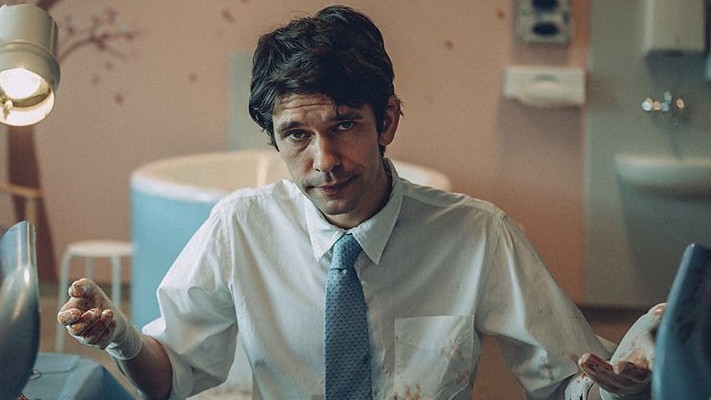
A free daily email with the biggest news stories of the day – and the best features from TheWeek.com
You are now subscribed
Your newsletter sign-up was successful
Plans for a TV adaptation of Adam Kay’s This Is Going to Hurt have been in the pipeline since shortly after it was published in 2017 and became an instant bestseller.
The book, in which Kay describes his experiences as a junior doctor in the NHS, has finally come to the small screen in a new series for BBC One.
Ben Whishaw, who plays Kay, is “on captivating form as a doctor on the brink” in this “stellar” adaptation, said The Guardian. It opens with a “screaming maelstrom of patients” swirling around our hero, “as he lies atop a moving gurney, battling to save a patient’s baby.
The Week
Escape your echo chamber. Get the facts behind the news, plus analysis from multiple perspectives.

Sign up for The Week's Free Newsletters
From our morning news briefing to a weekly Good News Newsletter, get the best of The Week delivered directly to your inbox.
From our morning news briefing to a weekly Good News Newsletter, get the best of The Week delivered directly to your inbox.
“En route, he has leapt from a lift, shouted at a trainee doctor and not even had time to change into his scrubs to start his shift. ‘Welcome to the NHS,’ he sighs to camera.” It sets the tone for a comedy-drama “full of dry humour, heroism, and, occasionally, tearjerking tragedy,” said the newspaper.
Kay’s memoir “provided brutally honest insight into what is arguably the best-loved institution in the UK”, said Lauren Morris in Radio Times. “Of course, a close second would be the BBC”, she says, which has turned the hit book into must-watch television. “If there was ever to be an advert for why both pillars of British society need to be fiercely protected from budget cuts and defunding efforts, it would be this seven-part series,” said Morris.
The show “doesn’t hold back” from the “gruesome reality” of medical procedures like caesarean sections, so the more “squeamish” among us may want to have “a cushion ready to cover your face with”. But while it can be “a rather intense watch”, moments where you’re holding back tears are accompanied by others “where your sides physically hurt from laughing”.
While these tonal shifts could have ended up “a bit ‘Alton Towers’” – to borrow a phrase from the show, where Kay criticises a medical student for accidentally crashing a gurney into the hospital walls – Whishaw is “such an engaging performer that the whole thing feels effortlessly authentic”, said Katie Rosseinsky in the Evening Standard.
A free daily email with the biggest news stories of the day – and the best features from TheWeek.com
Set in 2006, when the real-life Kay was working as a junior doctor, “there are enjoyable flashes of nostalgia in the show’s mid-Noughties backdrop, from the chunky Nokia phones and their glitchy ringtones to the soundtrack (yes, that is a Libertines album track you hear) and clips of Preston and Chantelle falling in love on Celebrity Big Brother”.
Yet the show “certainly doesn’t romanticise the near past”. Adam lives with his partner Harry but “doesn’t correct his colleagues when they ask about his girlfriend; he is also yet to properly talk about his sexuality with his mum”, who is played “glacially” by Harriet Walter, of Succession fame.
Kay has described the show as “a love letter to the NHS”, said Rosseinsky. But “thankfully it’s not a soppy Valentine’s card but a deeply nuanced tribute that’s by turns horribly funny, heartbreakingly sad and righteously angry”. It deserves to be “just as big a hit as his book”.
-
 Political cartoons for February 17
Political cartoons for February 17Cartoons Tuesday’s political cartoons include a refreshing spritz of Pam, winter events, and more
-
 Alexei Navalny and Russia’s history of poisonings
Alexei Navalny and Russia’s history of poisoningsThe Explainer ‘Precise’ and ‘deniable’, the Kremlin’s use of poison to silence critics has become a ’geopolitical signature flourish’
-
 Are Hollywood ‘showmances’ losing their shine?
Are Hollywood ‘showmances’ losing their shine?In The Spotlight Teasing real-life romance between movie leads is an old Tinseltown publicity trick but modern audiences may have had enough
-
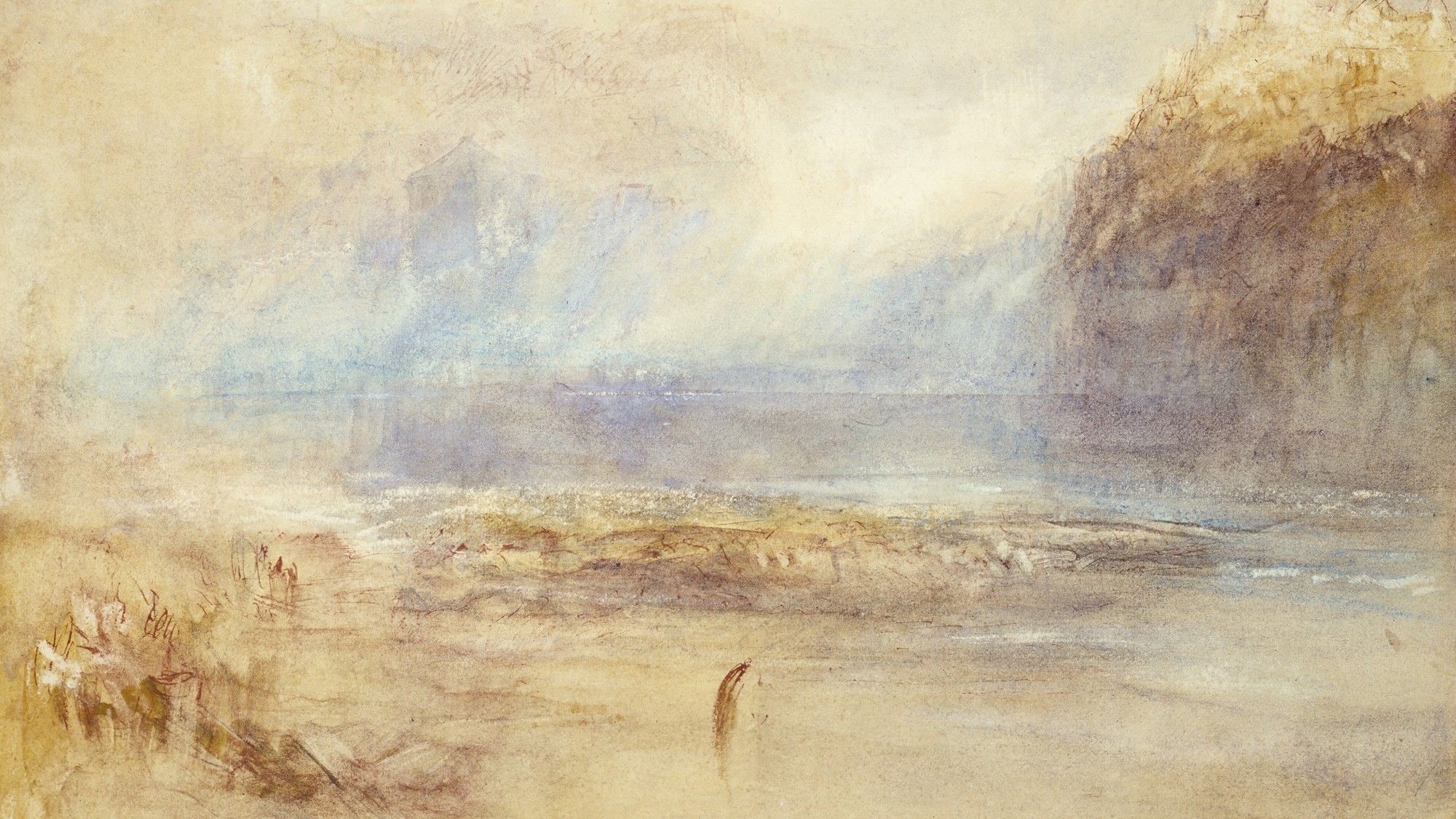 Turner: The Secret Sketchbooks – a fascinating portrait of the great painter
Turner: The Secret Sketchbooks – a fascinating portrait of the great painterThe Week Recommends BBC2 documentary examines the rarely seen sketchbooks of the enigmatic artist
-
 Dianarama examines the ‘extraordinary scale’ of Martin Bashir’s lies
Dianarama examines the ‘extraordinary scale’ of Martin Bashir’s liesThe Week Recommends Andy Webb’s book is packed with ‘astonishing’ allegations surrounding Princess Diana’s 1995 Panorama interview
-
 Eurovision faces its Waterloo over Israel boycotts
Eurovision faces its Waterloo over Israel boycottsTalking Point Five major broadcasters have threatened to pull out of next year’s contest over Israel’s participation
-
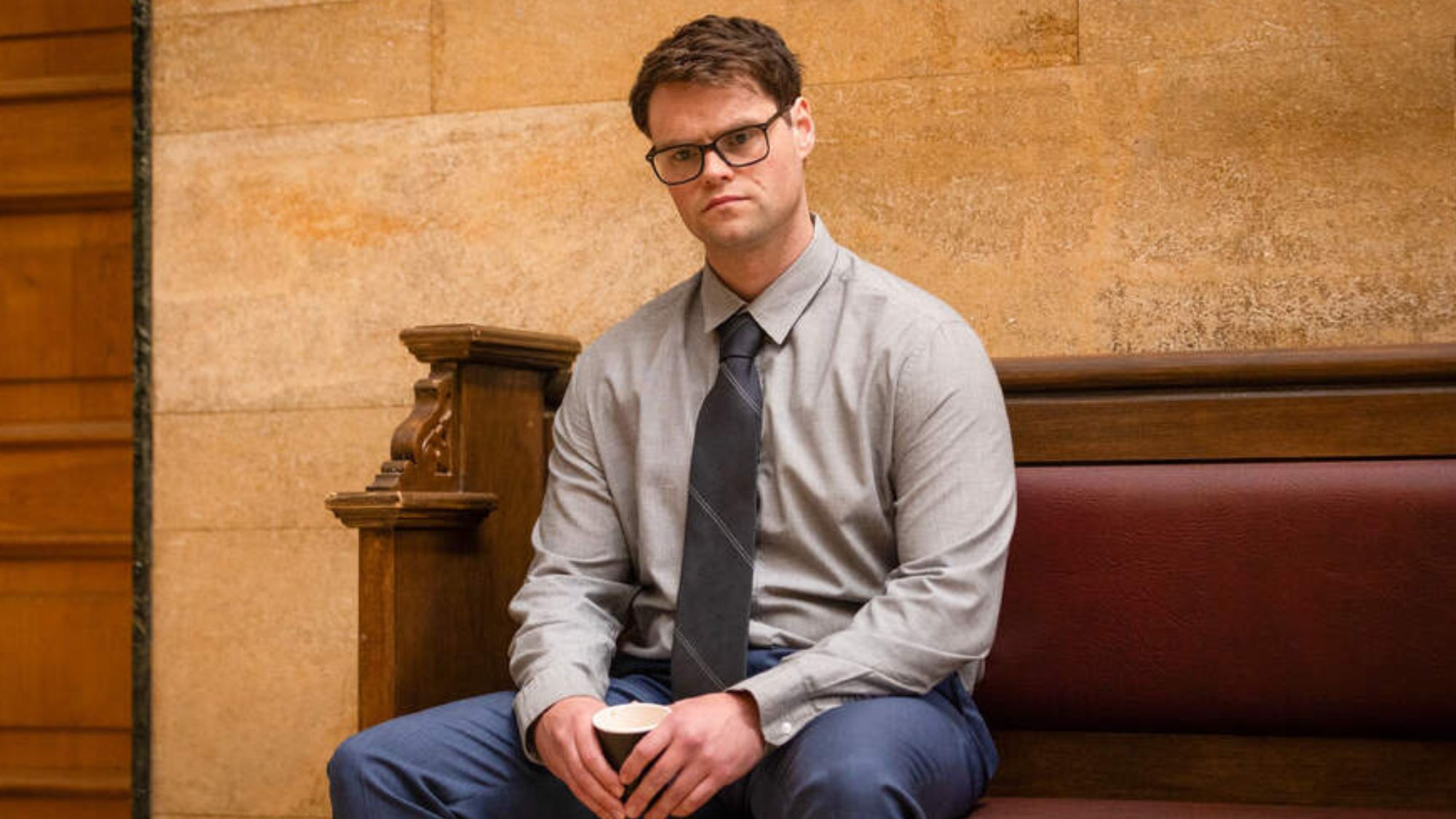 Unforgivable: harrowing drama about abuse and rehabilitation
Unforgivable: harrowing drama about abuse and rehabilitationThe Week Recommends 'Catastrophic impact' of abuse is explored in 'thought-provoking' series
-
 Friendship: 'bromance' comedy starring Paul Rudd and Tim Robinson
Friendship: 'bromance' comedy starring Paul Rudd and Tim RobinsonThe Week Recommends 'Lampooning and embracing' middle-aged male loneliness, this film is 'enjoyable and funny'
-
 How to go on your own Race Across the World
How to go on your own Race Across the WorldThe Week Recommends The BBC hit show is inspiring fans to choose low-budget adventures
-
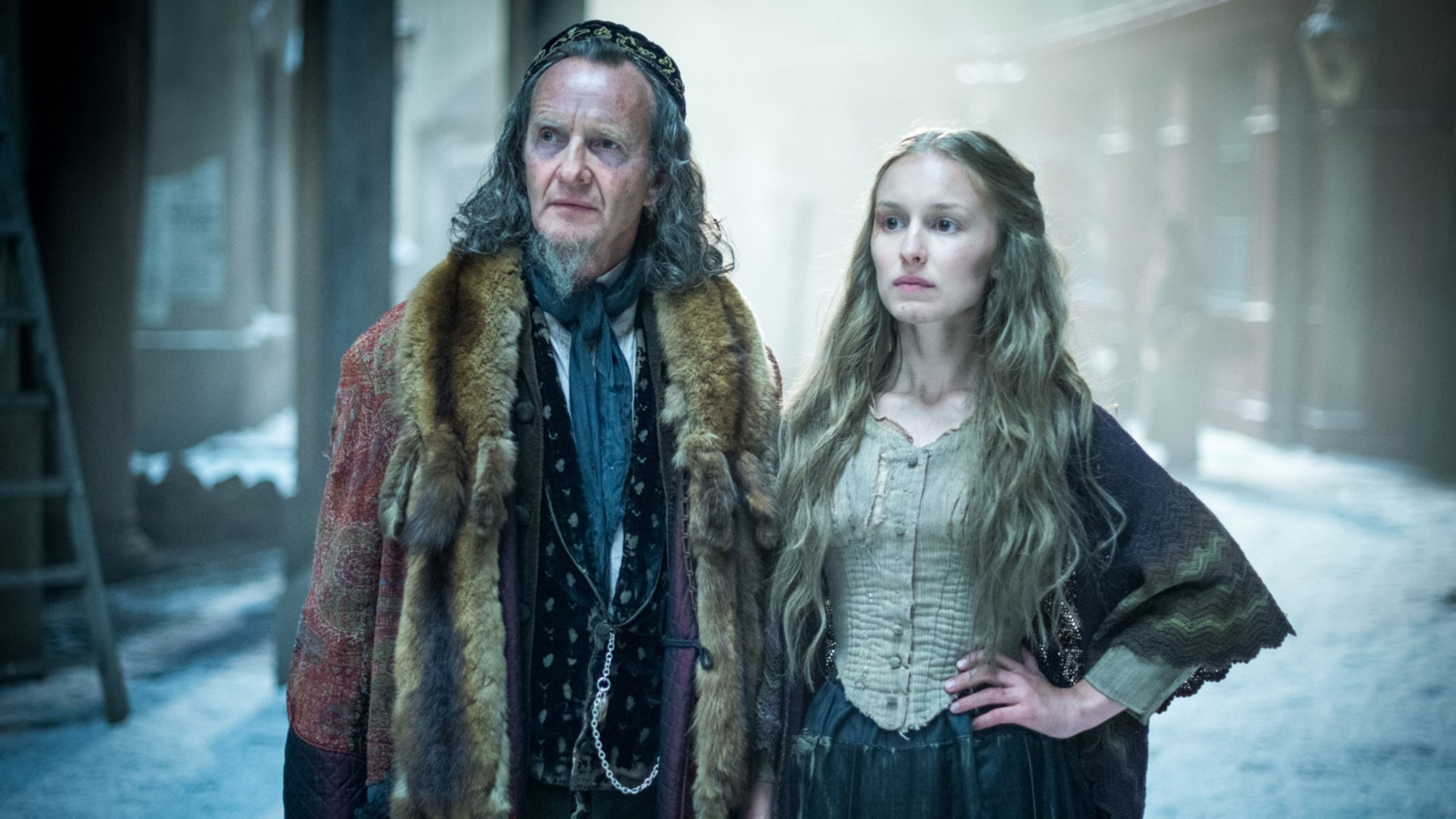 The top period dramas to stream now
The top period dramas to stream nowThe Week Recommends Heaving bosoms and billowing shirts are standard fare in these historical TV classics
-
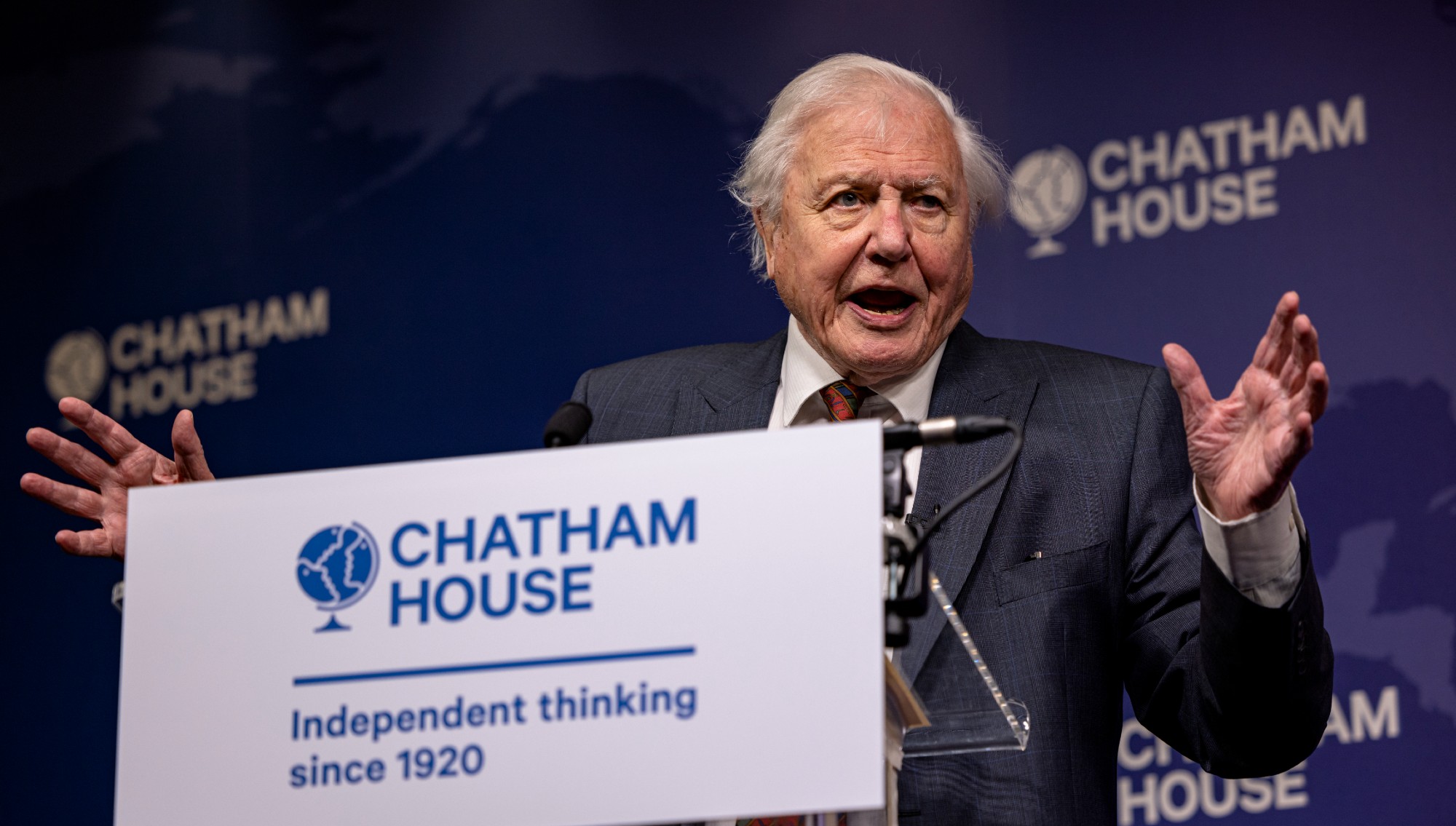 David Attenborough at 99: a 'radical' voice for climate action
David Attenborough at 99: a 'radical' voice for climate actionIn The Spotlight In his new film 'Ocean', TV's best-known naturalist delivers his strongest message yet